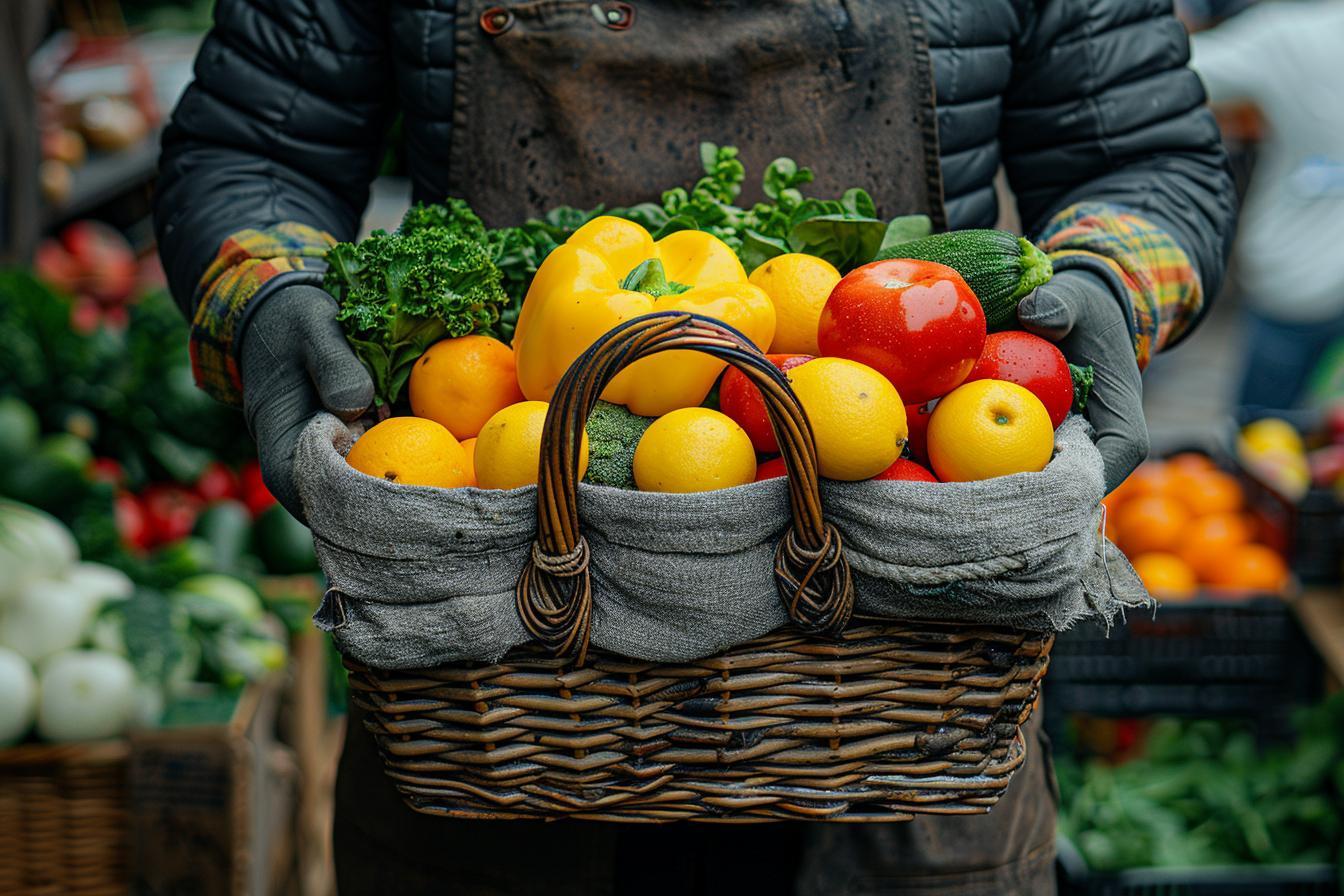By taking a seat at our daily table, how many of us truly question the journey of our plate to the farm, the symphony of ingredients that compose it, or the repercussions of each bite on our vitality? Probably few. Yet, behind every food lies a story, an impact, an imprint on our health. Thus, the time has come to ask ourselves three essential questions that could very well change the way we eat and, by extension, the way we live.
What is the origin of my food?
When we hold a fruit, a vegetable, or any other food product in our hands, it is crucial to question its origin. The distance traveled by our food is not only a matter of kilometers, but also of traceability, support for local producers, and environmental impact. Opting for local food is often a guarantee of freshness and seasonality, key elements of nutritional value. By choosing local products, we contribute to reducing our carbon footprint and strengthening the economy of our region. This first question encourages us to explore our local markets and promote short supply chains for a more responsible diet.
What are the ingredients on my plate?
The next step is to decipher what truly composes our meals. The food label is our ally: it reveals additives, preservatives, and other substances hidden behind sometimes complex names. Terms like “E621” or “monosodium glutamate” may seem enigmatic, but they denote realities that we must grasp. The simplicity of ingredients is often synonymous with quality. Taking the time to read and understand the list of ingredients is one more step towards a healthy diet. This awareness equips us to better choose our products and avoid the pitfalls of the agri-food industry.
How does my diet impact my health?
Finally, the question of how our diet impacts our health is perhaps the most personal and significant. The links between an unbalanced diet and diseases such as diabetes, cardiovascular diseases, and obesity are well established. The quality of our diet influences our well-being on a daily basis. By integrating more fruits and vegetables, and reducing our consumption of processed products, we can promote better health. This involves making informed choices that go beyond immediate pleasure, in order to prioritize long-term benefits.
By asking ourselves these three essential questions, we become active participants in our diet rather than mere consumers. It requires commitment and constant curiosity, but the benefits for our health and our environment far outweigh this attentive approach. Armed with knowledge, we can transform our relationship with food for a more harmonious and conscious way of life.

